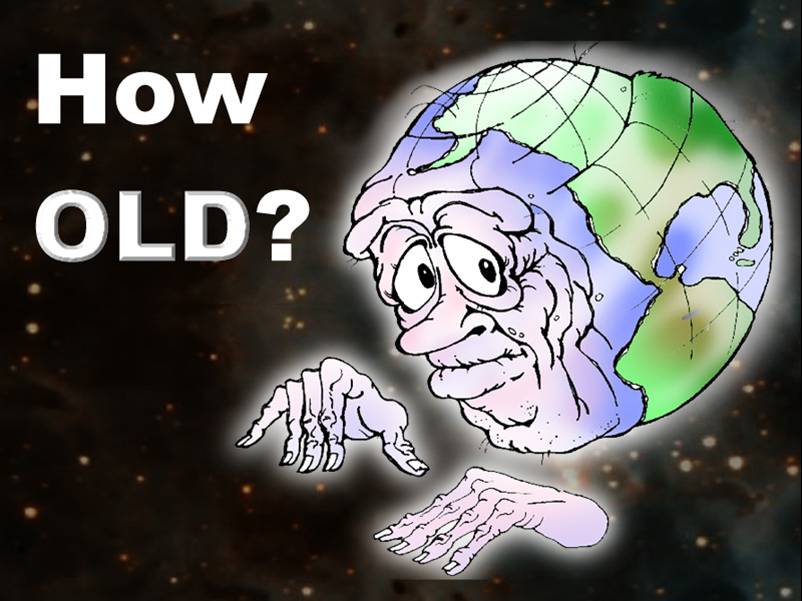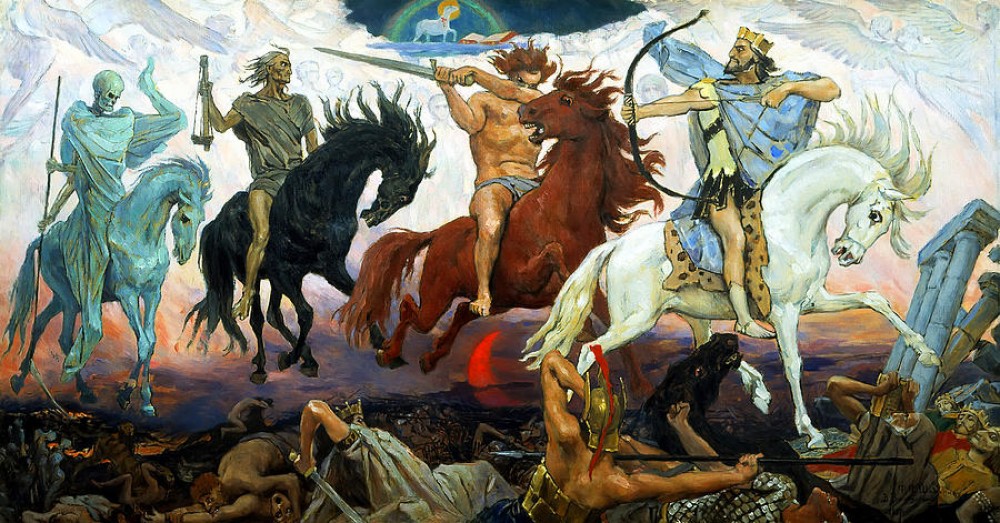The following is quoted directly from “Dating Creation” in Wikipedia, under the Greeks and Romans section. Notice the amazing parallel to the biblical chronology:
Most ancient Greek and Roman chroniclers, poets, grammarians, and scholars (Eratosthenes, Varro, Apollodorus of Athens, Ovid, Censorinus, Catullus, and Castor of Rhodes) believed in a threefold division of history: ádelon (obscure), mythikón (mythical) and historikón (historical) periods.[22] According to the Roman grammarian Censorinus the first period, the ádelon (obscure), was calculated by Varro as follows:
The first (period) stretches from the beginning of mankind (the creation) to the first cataclysm [i.e. the flood of Ogyges].[23]
The primordial ádelon (obscure) period ended with the flood of Ogyges and what followed was the beginning of the mythikón (mythical) period. Varro dated this flood to 2137 BC[24] but Censorinus wrote in his De Die Natali ch. xxi that the Ogyges’ diluvium occurred 1600 years before the first Olympiad (776 BC) meaning 2376 BC.[25] Castor of Rhodes also provided another date for the start of the mythikón (mythical) period, 2123 BC.[26] Censorinus recorded that the second period, the mythikón, stretched from the flood of Ogyges to the first Olympiad:
The second stretches from the first cataclysm to the first Olympiad; because many myths are recorded in it, it is called “mythical”.[23]
According to Censorinus (quoting Varro), the second period (mythikón) lasted from 2137 to 776 BC, or if Censorinus’ own dates are used: 2376 BC to 776 BC, or finally if Castor’s: 2123 BC to 776 BC. Ovid, however, dated the start of the mythikón period to the reign of Inachus, whom he dated 400 or so years after the flood of Ogyges, meaning around 1900–1700 BC, but agreed with Varro that the mythikón ended during the first Olympiad (776 BC).[27] See Ages of Man for more details about Ovid’s chronology. Another ancient date for the start of the mythikón (mythical) period is found preserved in Augustine’s City of God xviii.3, which dates it to 2050 BC.[28] The final period according to Censorinus and Varro, the historikón (historical) era, began from 776 BC (the first Olympiad) to their own time:
The third stretches from the first Olympiad to us. Because the events in it are contained in true histories, he calls it “historical.”[23]
